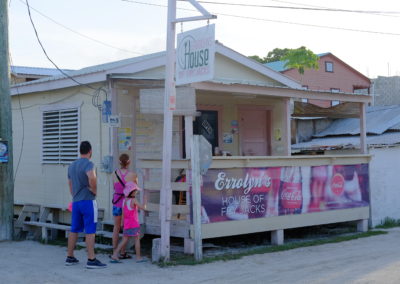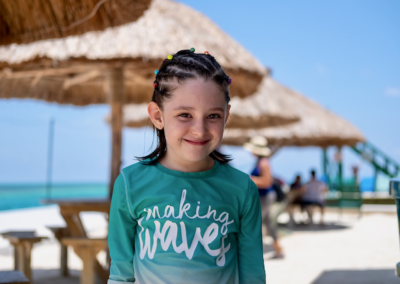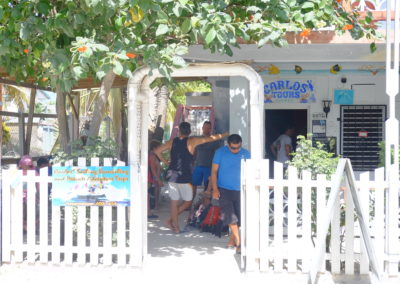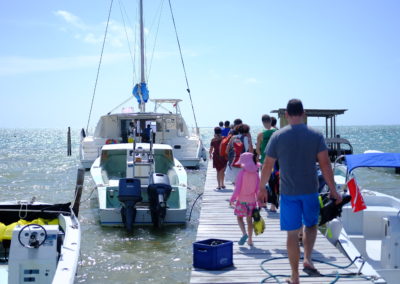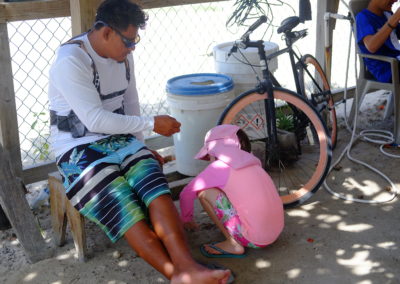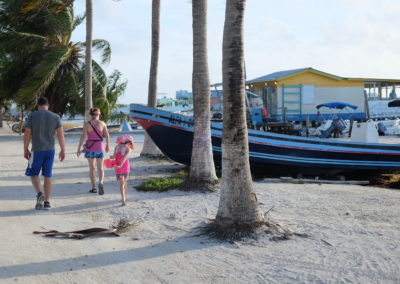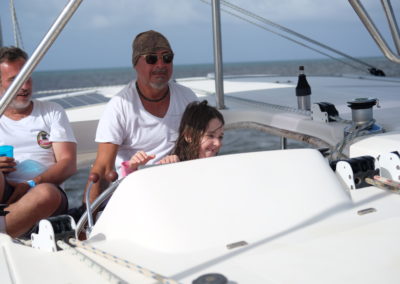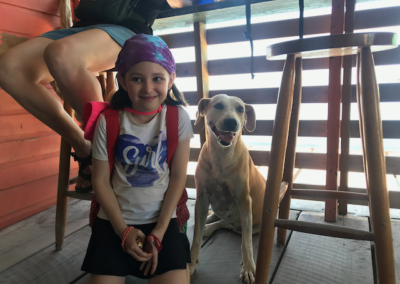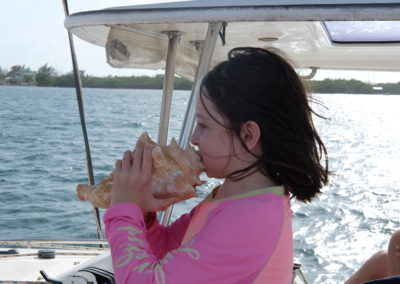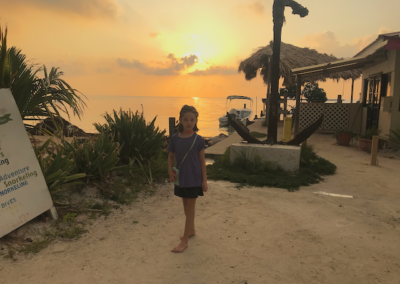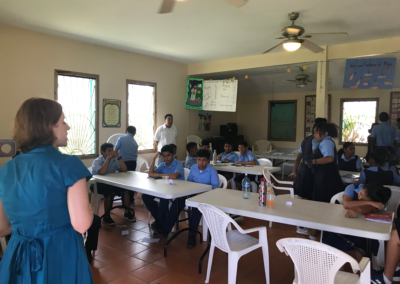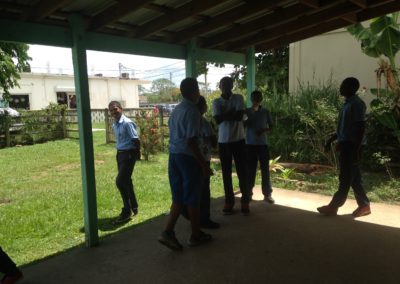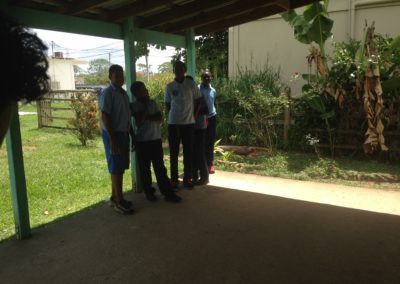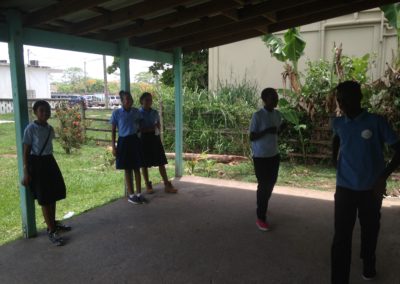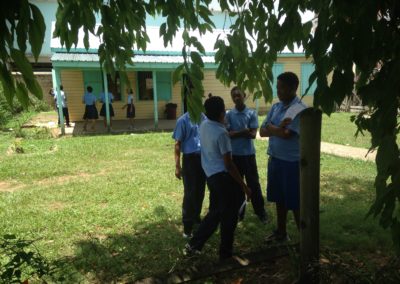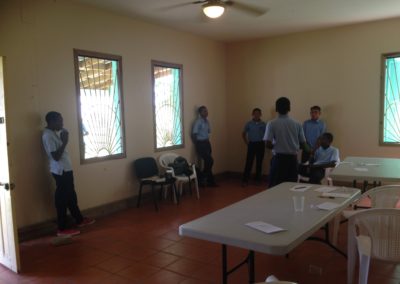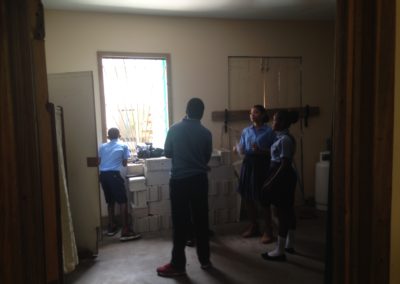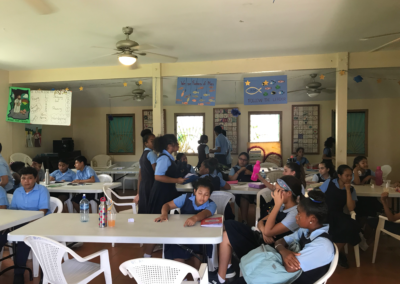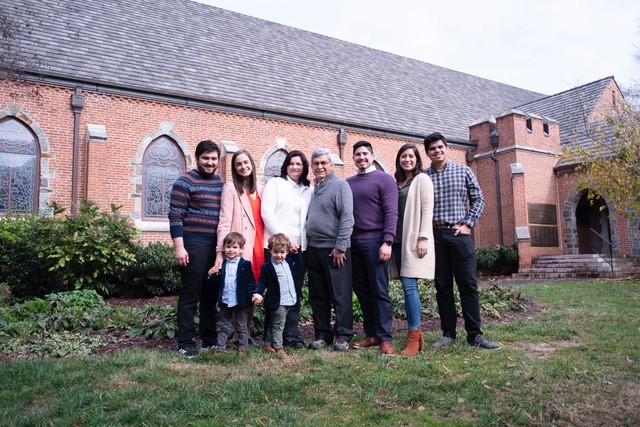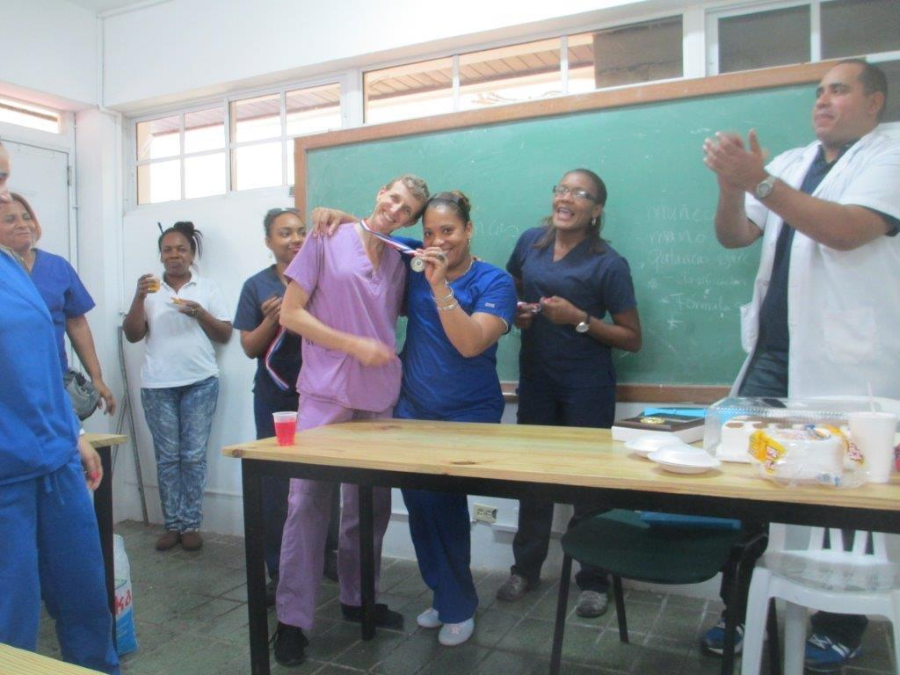Dear brothers and sisters in Christ,
This is a follow-up to the SAMS / Denise Cox’s letter of May 16, 2019 sent to our supporters.
Just by God’s grace and your sacrificial support we have served as full-time SAMS missionaries in Central, South and North America over the past 29 years. During these past years we saw our chil-dren grow and get mature, and we could experience Jesus’ won-derful grace touching us and many other people’s lives. Join us, please, in giving thanks to God for the accomplished ministry through SAMS. Now it is the season to retire from full-time formal commitment, but not from ongoing normal Christian ministry. To ‘re-tire’ seems to us like being given a new set of ‘tires’ to con-tinue serving the Lord in a creative way wherever we are and go.
We just moved to Jacksonville, FL., where we have many friends, our home church (The Redeemer Anglican), and from where we would be able to keep in touch with our children and grandchil-dren. By the way, Bernardo lives in Charlotte, NC. He and Katie have given us the first two grand-kids -fraternal twins- Abel and Leo. Praise God for these beautiful 3-year-old precious boys! Sebas-tian moved to Chicago, and he is engaged with Shaina; God willing they will be married at the be-ginning of 2020. Tomas, just moved recently to Argentina to work. Please join us in prayer for all of them. Also pray for wise and prayerful discernment about Maria and I eventually moving back to our home country, Colombia, after two years.
Now, Maria Isabel and I are navigating through a major life change. Her health has been long threatened by fibromyalgia, which causes her a lot of pain, mainly in her feet and knees. On the other hand, I have graciously survived two big illnesses, prostate cancer and Guillain Barré Syn-drome (progressive ascending paralysis). Praise God! The challenge for Maria is to find the right treatment that would allow her to find a suitable work to help make ends meet and glorify God through that. My challenge is to continue serving the cause of the Gospel of Jesus Christ in what-ever possible capacity. Please pray for Maria’s health and suitable work that would come with health benefits. Please pray for me, the gray-haired retired priest, so I can get a good Medi-Share plan (because I do not qualify for medicare* yet), and abundant opportunities to be a pastor and friend, both in person and in virtual space (Skype, Messenger, WhatsApp, Zoom, etc.).
As you heard from Denise, we will still be under SAMS’ wings during this transition period until December 31st, 2019. Your prayers, as always before, would be quite important for us now and be-yond December 31st. Your generous financial support will also be crucial for the remaining of the year to make a smooth transition into this new season of life.
We are looking forward to seeing you, if possible, and also to interacting with you by any virtual means.
May God keep blessing all of you in your family life and in your never-ending commitment as dis-ciples of our Lord Jesus Christ, while we get ready for His return,
Blessings and hugs,
*Technically I have more than enough age for Medicare, but I will only qualify for part B af-ter two more years in this country. I do not qualify for part A.
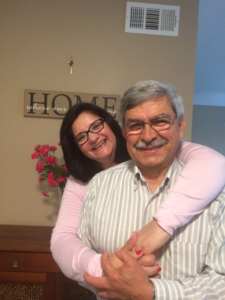
Juan B & Maria Isabel Marentes
Juan (805) 427 6165;Maria (323) 617 8125
8550 Touchton Rd, Apt. 1131
Jacksonville, FL 32216
https://give.sams-usa.org/missionary/juan-and-maria-marentes
Versión en Español
Maria Isabel y yo estamos en transición hacia ‘jubilación.’ Seguiremos vinculados por el resto del año a SAMS, la agencia misionera que nos ha acompañado durante los últimos 29 años en diversos paises. La idea es quedarnos un par de años más en los EE.UU., y luego regresar a nuestra querida Colombia. Las ideas sin buscar la voluntad de Dios no progresan, por eso pedimos oración para hacer decisiones correctas y para agradecer a Dios por todo lo que ha sucedido en estas casi tres décadas de ministerio.
Por ahora nos hemos mudado de California a Florida. Hay muchos retos en este cambio. María Isa-bel lucha con problemas serios de fibromialgia (dolor en todo el cuerpo, pero más concentrado en pies y rodillas). Ahora no tenemos seguro médico. Ella aspira a encontrar un trabajo que le permita obtener beneficios de salud y también ayudarnos a redondear nuestros ingresos. En cuanto a mi (Juan), debo buscar un plan de Medi-Share (una especie de cooperativa de mutua ayuda), que esté más a nuestro alcance, pero que tendrá muchas limitaciones. Por favor únanse a nuestra oración por la salud plena de María Isabel y por fortaleza para mí, a fin de que pueda ser útil en la exten-sión del Evangelio de Nuestro Señor Jesucristo. Nos estamos jubilando de una posición formal de tiempo completo, pero nadie debe ni puede jubilarse de su ministerio diario y normal de un Cris-tiano a pie.
La foto nuestra la tomamos hace un mes antes de salir de California. La foto familiar fue tomada en Charlotte, NC., el primero de enero de este año. Las damas que algunos de ustedes no conocen son Katie, la esposa de Bernardo (pareja de la izquierda), y Shaina, la prometida de Sebastián (pareja de la derecha). Los mellizos son Leo y Abel, los nietos que nos ‘enloquecen.’ Tomás (a mi lado) recientemente emigró a Argentina para seguir trabajando con la empresa que lo contrató hace un año.
Bernardo y Katie, padres de los nietos, viven Charlotte, NC. Sebastián vive en Chicago, IL y se va a casar con Shaina al principio del 2020. Tomás vive en Buenos Aires. Estamos dispersos, pero nos queremos mucho. Por favor oren por nosotros. Nosotros también los tenemos cada día en nuestras oraciones a ustedes, queridos amigos y familia.
También le hemos dado gracias a todos quienes nos ayudan, y les hemos pedido seguir apoyándonos en finanzas hasta diciembre, y en oración hasta que ‘San Juan agache el dedo.’
Abrazos y bendiciones sin medida. Que el amor de Dios y su gracia penetren sus vidas mientras aguardamos la gloriosa venida de Nuestro Señor Jesucristo.
Juan B & María Isabel


